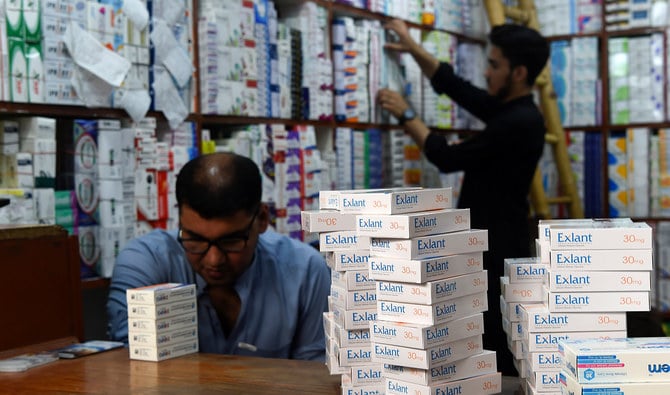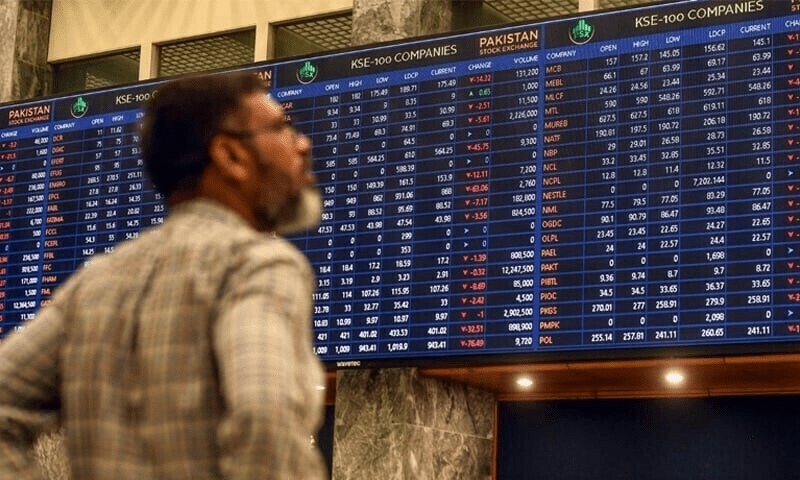By maleeha zahid
Copyright dailytimes

Published on: September 24, 2025 10:20 PM
The government has set an ambitious $30 billion pharmaceutical export target for the next five years, urging local manufacturers to scale up production and innovation. Federal Minister for National Health Services, Regulations and Coordination Syed Mustafa Kamal made the announcement at the 8th Pakistan Pharma Summit and Pharma Export Summit and Awards 2025 in Islamabad. He emphasized that Pakistan must break out of its comfort zone to compete globally.
Read more : Jam Kamal launches PharmEx Pakistan to boost pharma exports to …
Kamal reassured industry leaders that the ministry is fully committed to supporting growth. He noted that the government has already achieved $1 billion in pharmaceutical exports during fiscal year 2024-25, which includes medical devices, supplements, and medicine exports. He rejected industry projections of $2-3 billion for the next couple of years, calling for a more aggressive approach. “The world is scaling up exports and generating billions in revenues. Why can’t Pakistan?” he asked.
The minister highlighted Pakistan’s reliance on imported vaccines, stating that around 90-95% are purchased from abroad, mostly India. He urged local manufacturers to start vaccine production domestically to reduce dependency and strengthen national health security. Kamal announced a meeting with industry representatives to explore solutions for manufacturing vaccines locally, stressing that Pakistan cannot afford to rely on foreign suppliers indefinitely.
Read more : Pharmaceutical goods’ export increases 14.15% to $83.826mn
Industry officials supported the government’s vision, citing strong recent growth. Tauqeer Ul Haq, Chairman of the Pakistan Pharmaceutical Manufacturers’ Association (PPMA), revealed that standalone export growth for medicines hit a two-decade high of 34% in FY25, reaching $475 million. Similarly, Dr. Kaiser Waheed of Medisure Laboratories noted that imports of vaccines and raw materials had nearly stopped following recent India-Pakistan tensions, further highlighting the need for self-reliance.
Experts at the summit recommended that Pakistan target African, Central Asian, and Far Eastern countries to expand its export markets. They also stressed the importance of acquiring global certifications to gain access to highly regulated regions such as the United States and Europe. Kamal concluded by urging the industry to deploy technology, modernize production, and transform Pakistan’s “sick care system” into a proactive healthcare model to meet the ambitious export goals.



